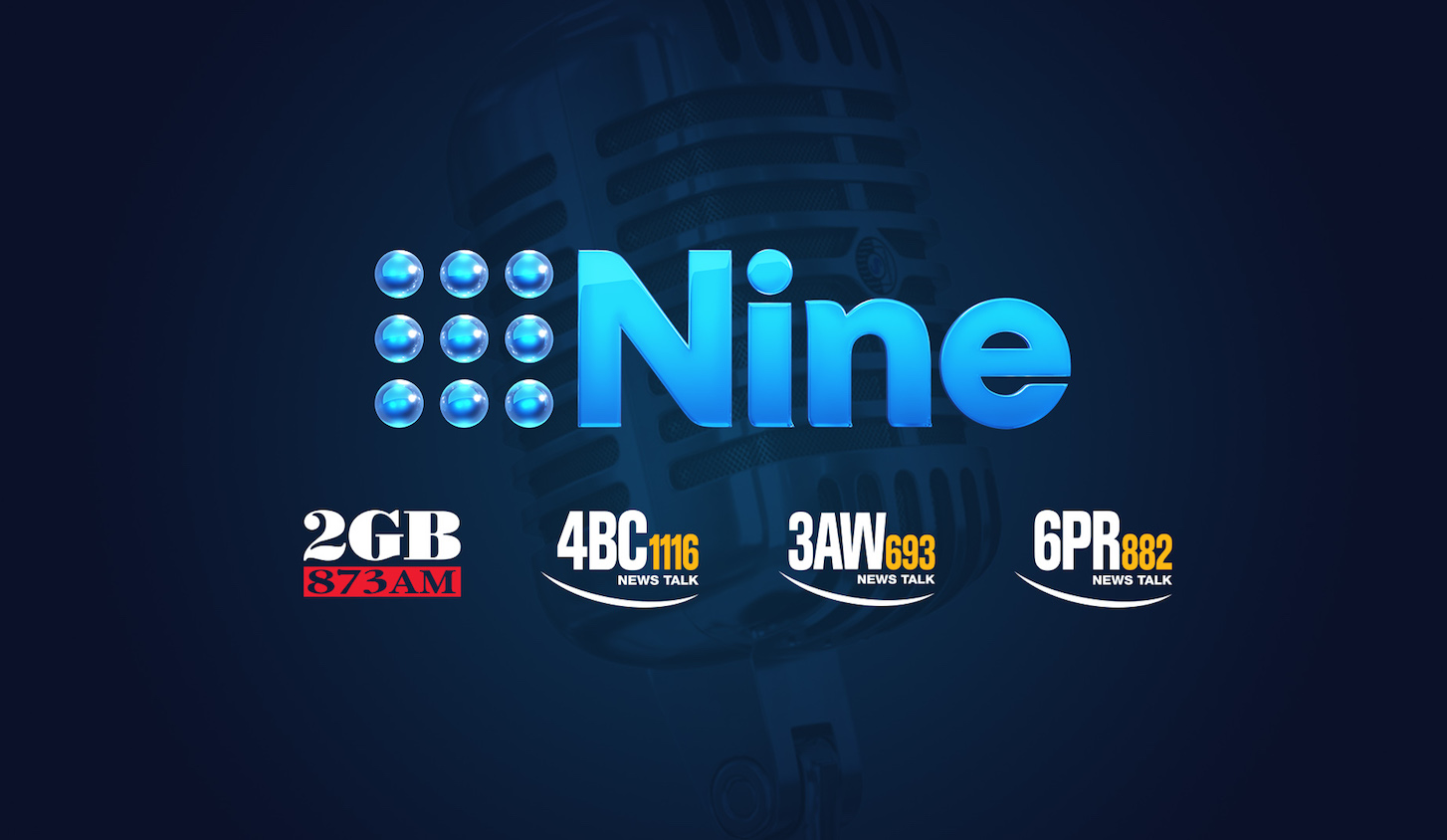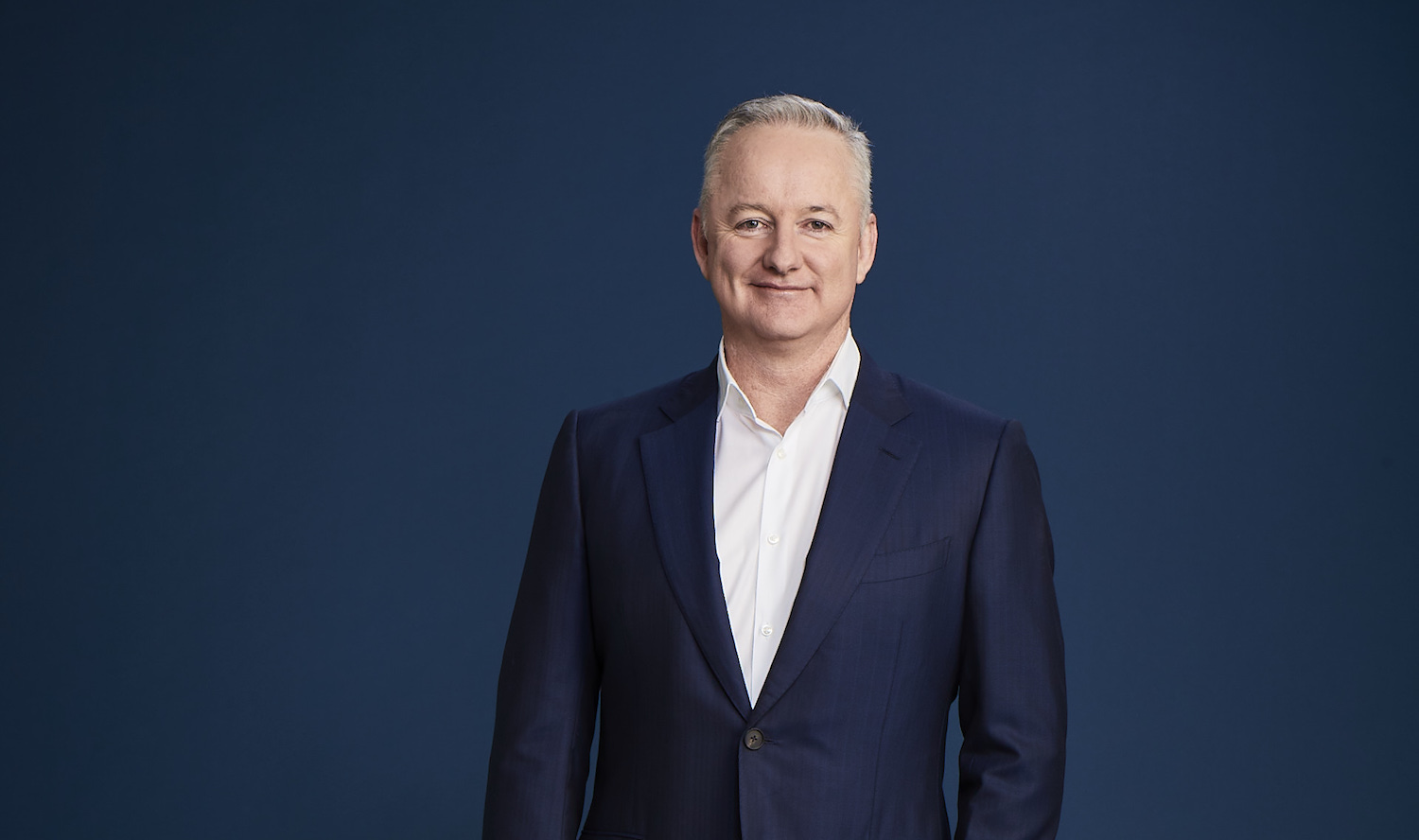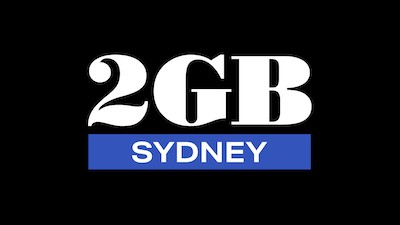Nine downplays digital audio’s impact on business

Audio companies such as Australian Radio Network (ARN) and Southern Cross Austereo (SCA) may be talking up their digital listening numbers and advertiser interest in the medium, however Nine has said digital audio is “immaterial” to its business.
Nine has invested significantly in overhauling its radio operation since inheriting Macquarie Media as part of its takeover of Fairfax Media in 2108. It took full control of Macquarie in 2019 and rebranded it to Nine Radio at the start of this year.
While the company has been emphatic about the success of its overhaul of talk radio, including new on-air lineups and attracting a “new generation” of talk listeners, it had admitted numerous times that its financial performance thus far has been disappointing.
Despite the disappointment, the media outlet remains confident that its recent record ratings figures will soon translate into commercial support.
On a media call yesterday following its Annual General Meeting (AGM), however, Nine downplayed the financial impact and significance of digital audio in its wider business plans.
Radioinfo asked CEO Hugh Marks about why Nine wasn’t giving the medium more prominence and investment.
“You talked about growth of digital assets in the presentation, aiming for 60% [revenue from digital]. You didn’t mention digital radio opportunities. You didn’t mention podcasting, the audio digital assets. Are you planning to grow those digital audio assets like your competitors are doing, and like you’re doing in other segments?,” Marks was asked.
Marks: Largely focusing on other area’s of Nine’s business
His response: “Yea, obviously we will, but in the context of our business, it’s, those areas are largely immaterial if you compare them to what’s happening in Stan, 9Now, or even the subscription base of the publishing business. So, yes, it’s there, but it’s not a material driver for us. So we would be doing nothing different to what other market participants are doing in audio.”
Nine has also invested significantly in its broadcast video on demand (BVOD) platform 9Now and pitched it to advertisers as a key way to target engaged viewers, who have to sign in to the platform.
Steve Ahern followed up with a question about language and positioning.
“Okay. And a second question, you mentioned, both of you mentioned ‘legacy broadcast’ business, which, for both radio and television makes me think of an old 1940’s dusty mantle radio with cobwebs all over it. Can’t you think of a better word that [captures] the dynamic changes in radio, particularly, that are happening?,” he said.
Marks’ response was short.
“I’ll speak to my communication wizards on either side and see what brilliance they can come up with.”
ARN and SCA in particular have been ramping up their focus on their digital audio offerings of late, however content director of ARN, Duncan Campbell has admitted the company needs to ensure it doesn’t get distracted by “new, shiny” fads.
“Well there’s always the risk I think with this business that people lose focus on the things that really drive ratings, and I think, again, that’s part of my role here is to make sure that we don’t lose focus and get distracted by new, shiny toys. We like new, shiny toys, but we can’t get too distracted by them, particularly when 95% of our revenue comes from linear radio, AM/FM networks,” he told Radio Today of his greatest fear heading into 2021.
“But, the business is energised by the fact that we’re pursuing a digital future more aggressively than we ever have. And when the plans roll out for iHeart and expanding our podcasting network even further, then that’s exciting as well.
“But you have to balance it all out to make sure that the revenue pipeline isn’t compromised in terms of the AM/FM network.”



